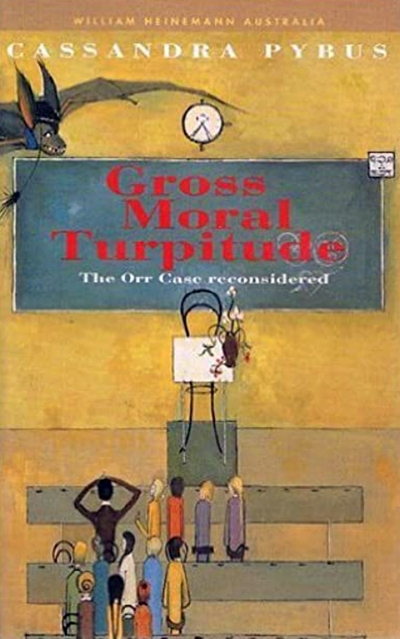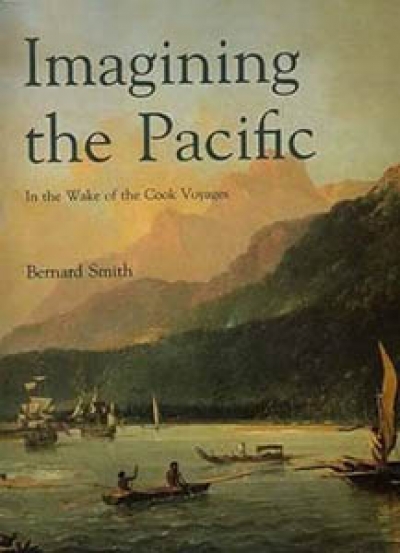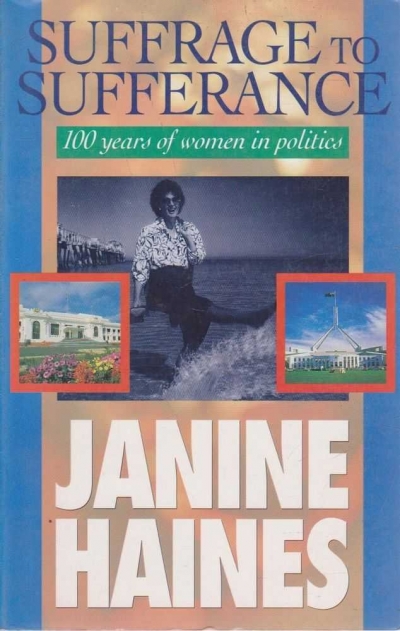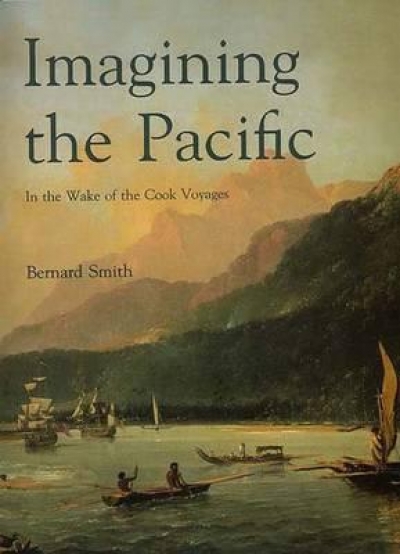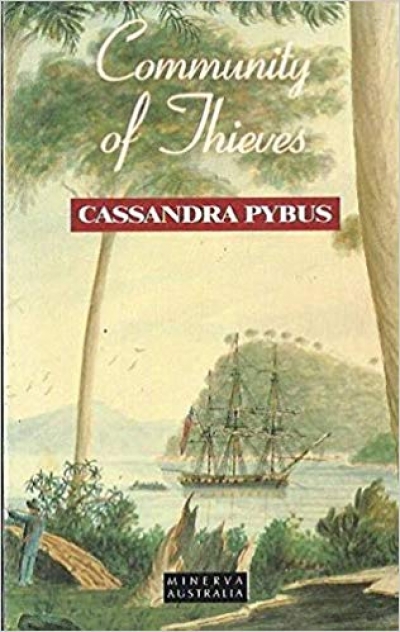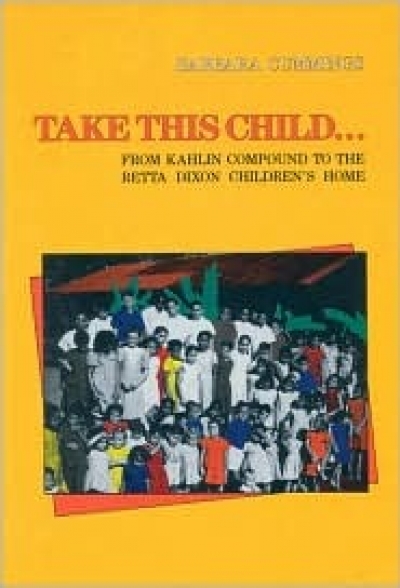History
In October 1993 I picked up a copy of Window, the ‘Weekly Hong Kong Newsmagazine with Exclusive Coverage of China’ and found in the Business and Finance section a Profile, ‘Bob Hawke’s Eagle Eye in Asia’. There was a photograph of the Eagle, who described himself as a ‘business commentator and facilitator of increased enmeshment in Asia’. This was certainly a confident label. Reading on I discovered that Hawke saw himself as ‘overwhelmingly responsible for the vision of Australia as part of Asia’. He told the reporter than in his first days as Prime Minister he had used the phrase, ‘our future lies in enmeshment with Asia’, a sentiment that was at first greeted sceptically, but now, Hawke claimed, ‘no one questions the wisdom and correctness of Hawke’s vision. No one.’ Emphatic stuff, claiming sole credit for long term shifts in opinion and cultural practice, while dismissing the doubters. If that was all there was to my theme, this would be a very brief history indeed.
... (read more)Gross Moral Turpitude: The Orr Case reconsidered by Cassandra Pybus
Imagining the Pacific: In the wake of the Cook voyages by Bernard Smith
Suffrage to Sufferance: 100 years of women in politics by Janine Haines
Australian Cultural History, Volume 11: Books, Readers, Reading edited by David Walker, Julia Hornen and Martyn Lyons
Imagining the Pacific in the Wake of the Cook Voyages by Bernard Smith
Dear Manning,
I’m writing you this letter for want of better ways of continuing the conversation we’ve been having for the past eight years, sustained by weekly letters while I was in Japan. We began to walk and talk in 1983 as you were preparing for heart surgery and I wasn’t coping with a broken heart. You wanted someone to walk with, and I needed company.
... (read more)
